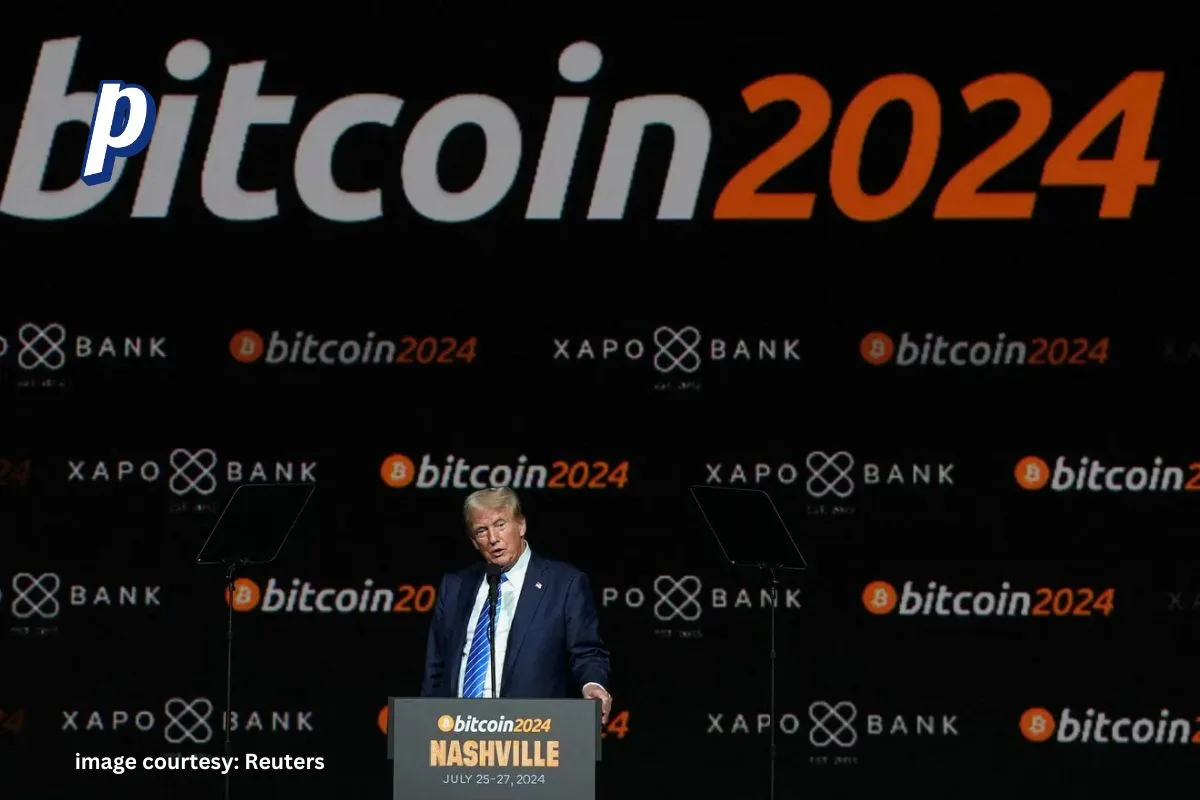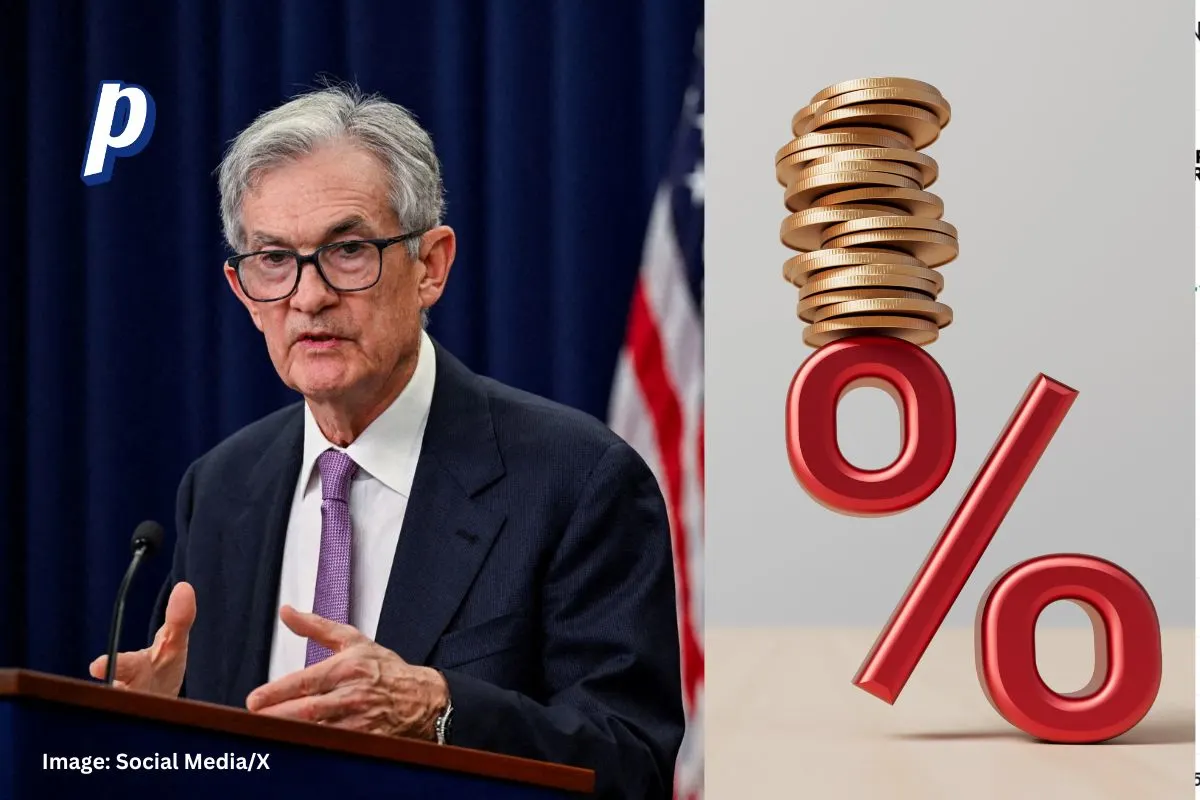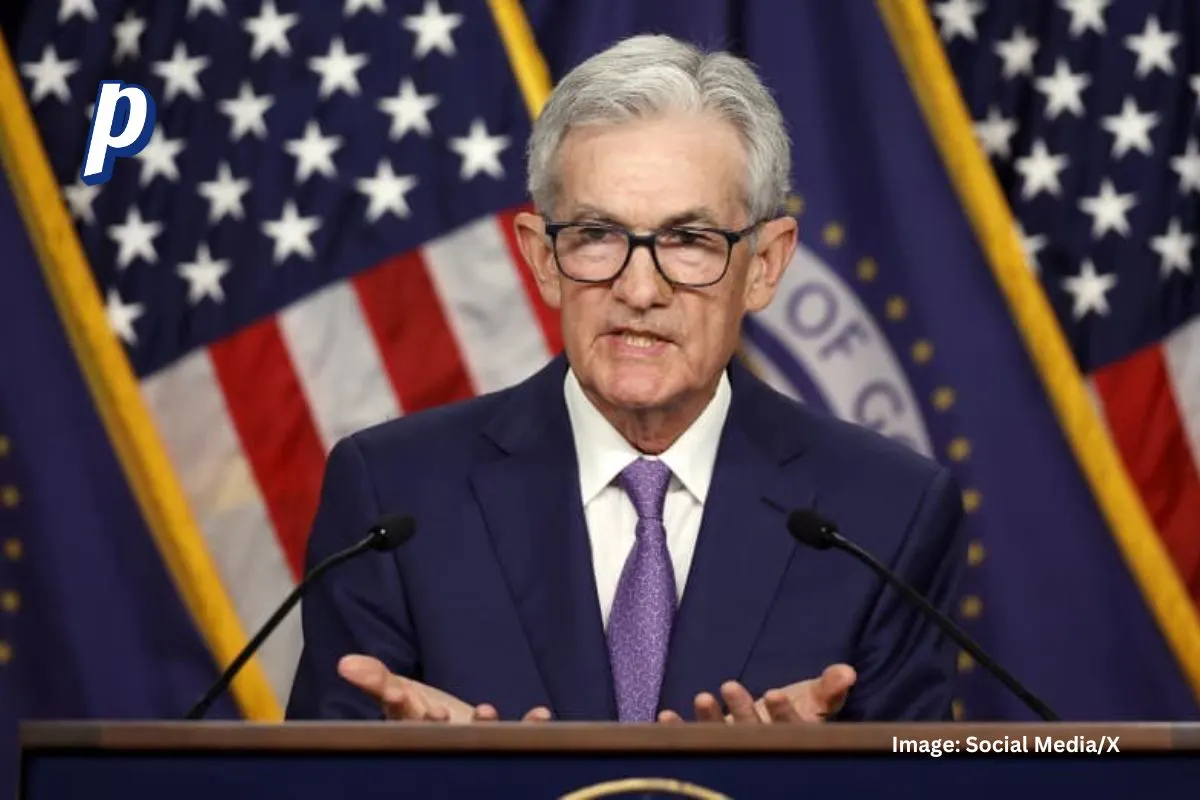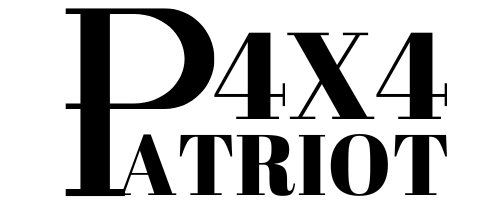Elon Musk endorses Germany’s far-right AfD party, claiming they can “save Germany.” Explore reactions from politicians and implications for German democracy.
In a move that has sparked outrage and debate across Europe, billionaire entrepreneur Elon Musk publicly endorsed the far-right Alternative for Germany (AfD) party, stating that “only the AfD can save Germany.” This comment, made on his social media platform X (formerly Twitter), has drawn significant backlash from German politicians and citizens alike, raising questions about foreign influence in domestic politics and the implications of Musk’s support for extremist parties.
Read more: Trump Warns EU: Increase U.S. Oil and Gas Imports or Face Tariffs
The Context of Musk’s Endorsement
On December 20, 2024, Musk retweeted a video featuring German right-wing influencer Naomi Seibt, who is closely associated with the AfD and known for her controversial views on climate change. In his post, Musk amplified Seibt’s criticisms of Friedrich Merz, the leader of Germany’s conservative Christian Democratic Union (CDU), who has been criticized for his reluctance to engage with the AfD. Musk’s endorsement comes at a critical time as Germany prepares for its federal elections scheduled for February 23, 2025.
The AfD has been gaining traction in recent months, polling at around 19%, making it the second-largest party behind the CDU. However, mainstream political parties have ruled out any coalition with the AfD due to its extreme-right positions and controversial policies.
Reactions from German Politicians
Musk’s comments have prompted a swift and strong response from various political figures in Germany. Chancellor Olaf Scholz remarked, “We have freedom of expression — it also goes for multibillionaires. But freedom of opinion also means that you can say things that aren’t right and don’t contain good political advice.” Scholz’s statement underscores the concern that Musk’s involvement in German politics could undermine democratic processes.
Other lawmakers echoed this sentiment. Dennis Radtke, a Member of the European Parliament representing the CDU, described Musk’s interference as “threatening” and “unacceptable.” He emphasized that such comments from a prominent figure in American politics could distort public discourse in Germany.
Clara Bünger from the Left Party expressed her belief that Musk’s comments constituted unwelcome interference in German politics. She stated, “He doesn’t really know how political discussions work in Germany,” highlighting concerns about foreign influences on national elections.
The AfD: A Brief Overview
The Alternative for Germany (AfD) was founded in 2013 initially as a Eurosceptic party but has since shifted towards an extreme-right platform characterized by anti-immigration rhetoric and nationalist policies. The party gained prominence during the European migrant crisis and has been accused of promoting xenophobia and racism. It is currently under surveillance by Germany’s Federal Office for the Protection of the Constitution due to its extremist tendencies.
The AfD’s rise has coincided with growing discontent among segments of the German population regarding immigration policies and economic challenges. However, its acceptance within mainstream politics remains limited, as all major parties have refused to form coalitions with it.
Implications of Musk’s Endorsement
Musk’s endorsement raises several critical issues:
- Foreign Interference: The involvement of a high-profile foreign figure like Musk in German politics raises concerns about external influences on democratic processes. Critics argue that such endorsements can skew public perception and undermine local political dynamics.
- Normalization of Extremism: By publicly supporting the AfD, Musk may inadvertently lend legitimacy to extremist ideologies. This could embolden similar movements across Europe and beyond, potentially leading to increased polarization within societies.
- Impact on Public Discourse: Musk’s comments could shift public discourse towards more extreme positions, complicating efforts by moderate parties to address pressing issues such as immigration and economic inequality without resorting to populist rhetoric.
- Response from Tech Platforms: As owner of X, Musk’s statements highlight ongoing debates about the responsibilities of social media platforms in moderating content related to political extremism. The platform has faced scrutiny over its handling of misinformation and hate speech.
Elon Musk’s endorsement of Germany’s far-right AfD party has ignited a firestorm of controversy, prompting strong reactions from politicians and citizens alike. As Germany approaches its federal elections, the implications of such endorsements will likely reverberate through public discourse and political strategies.
Read more: Neil Cavuto Leaves Fox News After Nearly Three Decades: A Legacy of Fair Reporting
While freedom of expression is a fundamental principle in democratic societies, it is essential to consider the potential consequences of influential figures engaging in foreign political matters. As discussions continue regarding nationalism, immigration, and economic policy within Europe, Musk’s comments serve as a stark reminder of the complexities surrounding modern political engagement in an interconnected world.








